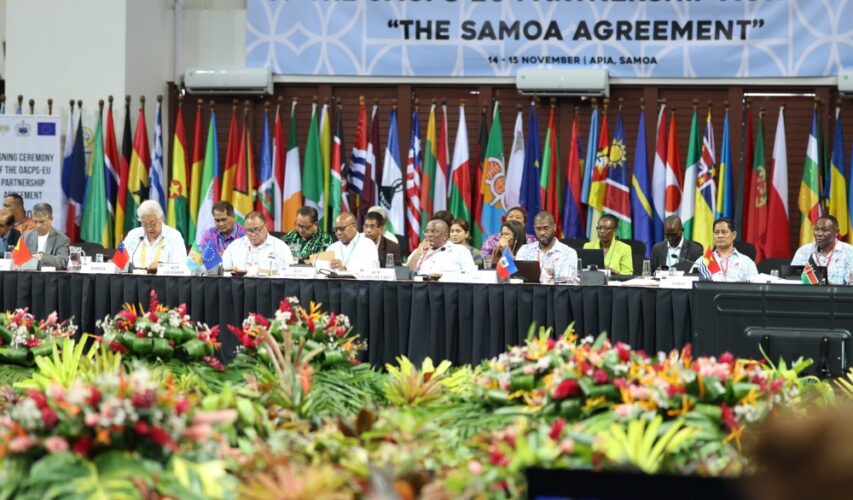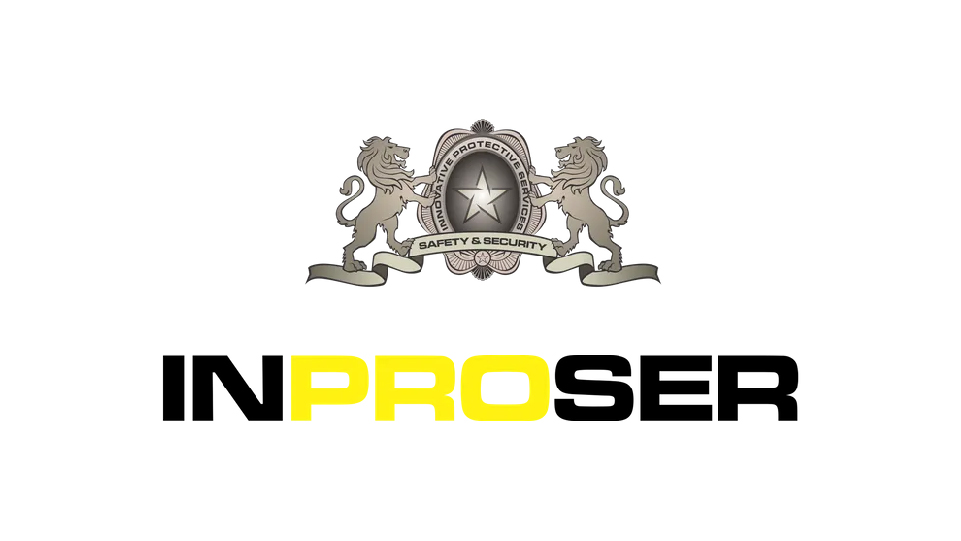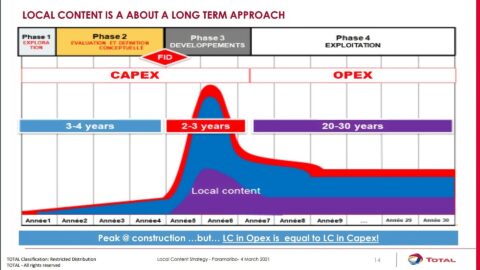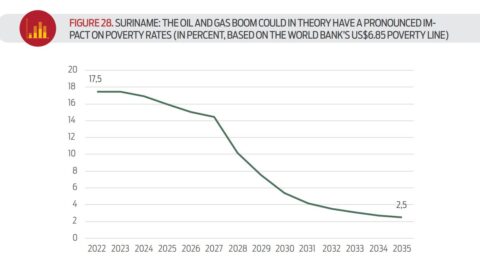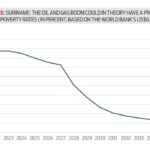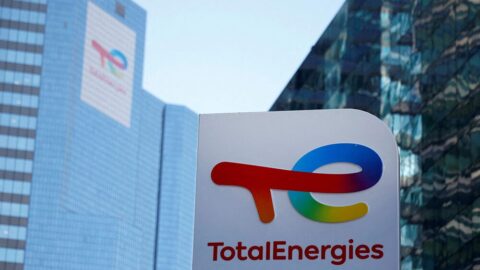Suriname Signs Samoa Agreement for 20-Year Partnership with OACPS
A milestone for sustainable development, human rights, and global cooperation?
In a significant development, the European Union (EU) and its member states have formally signed a new partnership agreement with the members of the Organization of African, Caribbean, and Pacific States (OACPS). Termed the Samoa Agreement, this accord is designed to function as the primary legal framework governing their relations for the next two decades, succeeding the Cotonou Agreement. The Samoa Agreement encompasses critical themes such as sustainable development, human rights, peace, and security.
The nomenclature for this agreement, ‘Samoa,’ was agreed upon during the 46th session of the ACS-EU Council of Ministers, held just preceding the signing ceremony in Samoa.
Pilar Cancela Rodríguez, the Acting Secretary of State for International Cooperation of the Kingdom of Spain, who co-signed the agreement on behalf of the EU, stated, “It is noteworthy that the agreement can finally be signed during the Spanish Council Presidency after years of discussions on both sides. This new agreement is poised to assist both parties in addressing global challenges more effectively and enhancing bilateral cooperation across various domains, from climate to peace and security, over the next two decades. In a challenging moment for joint global action and a multilateral approach, this agreement signifies that diverse countries can concur on concrete steps to deepen their partnership for building a shared future. It instills hope, not only in me but also in the European Union I represent.”
Jutta Urpilainen, Commissioner for International Partnerships and the EU’s chief negotiator, who also co-signed the agreement on behalf of the EU, expressed confidence in the outcome. She stated, “I am convinced that our extended journey with the signing of the Samoa Agreement has reached a successful conclusion. This agreement will provide a modernized framework to revitalize our relations with the largest group of partner countries, offering a platform for dialogue and coordination to collectively address the challenges of our time. We are committed to harnessing the collective power of our four regions. The EU and its member states, as Team Europe, have launched ambitious investment packages in all three regions under the Global Gateway framework, and we are committed to implementing these packages.”
Josep Borrell, the High Representative for Foreign Affairs and Security Policy, underscored the significance of the Samoa Agreement in EU’s external relations. He noted, “This Samoa Agreement is a milestone for the EU’s external relations. More than half of the UN members from four continents have found common ground in shared priorities and interests. We are moving away from old paradigms and instruments that connected the EU with most of these countries, opting for win-win partnerships that align with today’s world. In a time when multilateralism is at risk, the fact that so many countries come together and agree to pool their forces to address global challenges opens the door to optimism.”
The Samoa Agreement establishes common principles and addresses the following priorities:
- Human rights, democracy, and good governance
- Peace and security
- Human and social development
- Inclusive, sustainable economic growth and development
- Environmental sustainability and climate change
- Migration and mobility
The agreement also provides a common basis for all parties, complemented by three regional protocols for Africa, the Caribbean, and the Pacific, with special attention to their specific needs.
The 27 EU member states and the 79 countries in Africa, the Caribbean, and the Pacific collectively represent over 2 billion people and more than half of the UN seats. With this new agreement, the parties are better equipped to address emerging needs and global challenges such as climate change, ocean governance, migration, health, peace, and security.
The provisional application of the agreement is set to commence on January 1, 2024. The agreement will enter into force after approval by the European Parliament and ratification by the parties, meaning all EU member states and at least two-thirds of the OACPS members.
Providing context, the ACP-EU partnership is one of the oldest and most extensive frameworks for cooperation between the EU and third countries. The previous legal framework, the Cotonou Agreement, dates back to 2000. Post-Cotonou negotiations for a new, modernized treaty began in September 2018 on the sidelines of the United Nations General Assembly in New York. The chief negotiators initialled the new agreement in April 2021, and the Council adopted the decision on the signing and provisional application of the agreement on July 20, 2023.
Date: 7 January 2024
Categories:
Tags:
Advertentie
Wilt u uw merk hier tonen?
Maak contact en ontdek de advertentiemogelijkheden!
Wilt u uw merk hier tonen?
Maak contact en ontdek de advertentiemogelijkheden!
– DISCLAIMER –
LocalContentSuriname.com is een portaal waar ondernemers, bedrijven en stichtingen zich willen presenteren. Deze website is niet verantwoordelijk voor de inhoud die op deze pagina getoond wordt. Alle informatie die op deze pagina wordt verstrekt, moet onafhankelijk worden geverifieerd. Er worden geen garanties of verklaringen gegeven voor de juistheid van de informatie. Ga naar veelgestelde vragen voor meer informatie.


